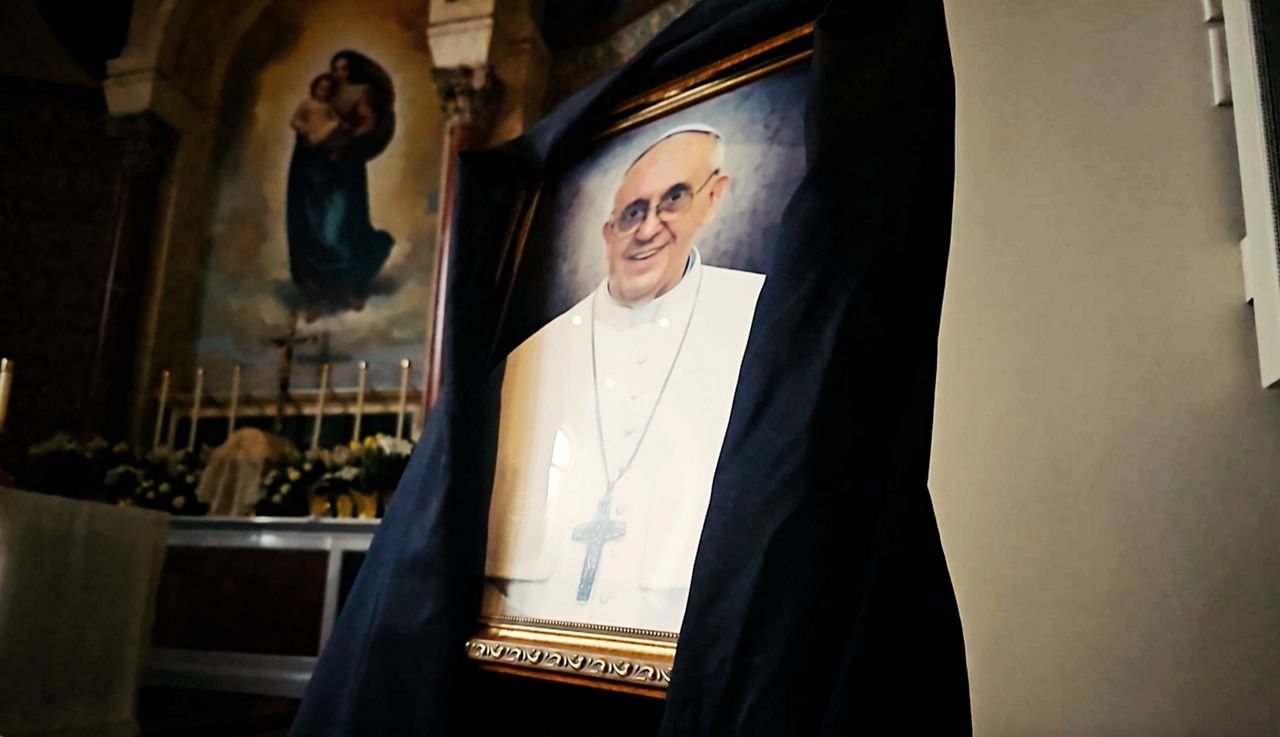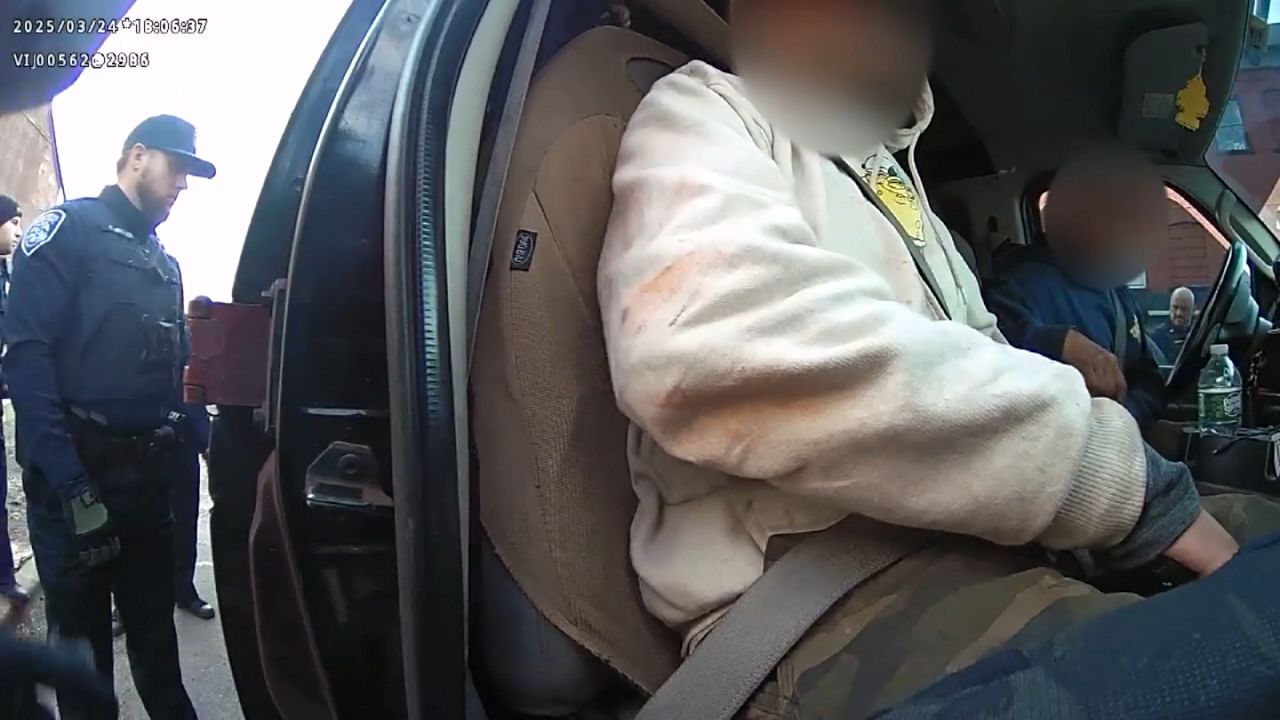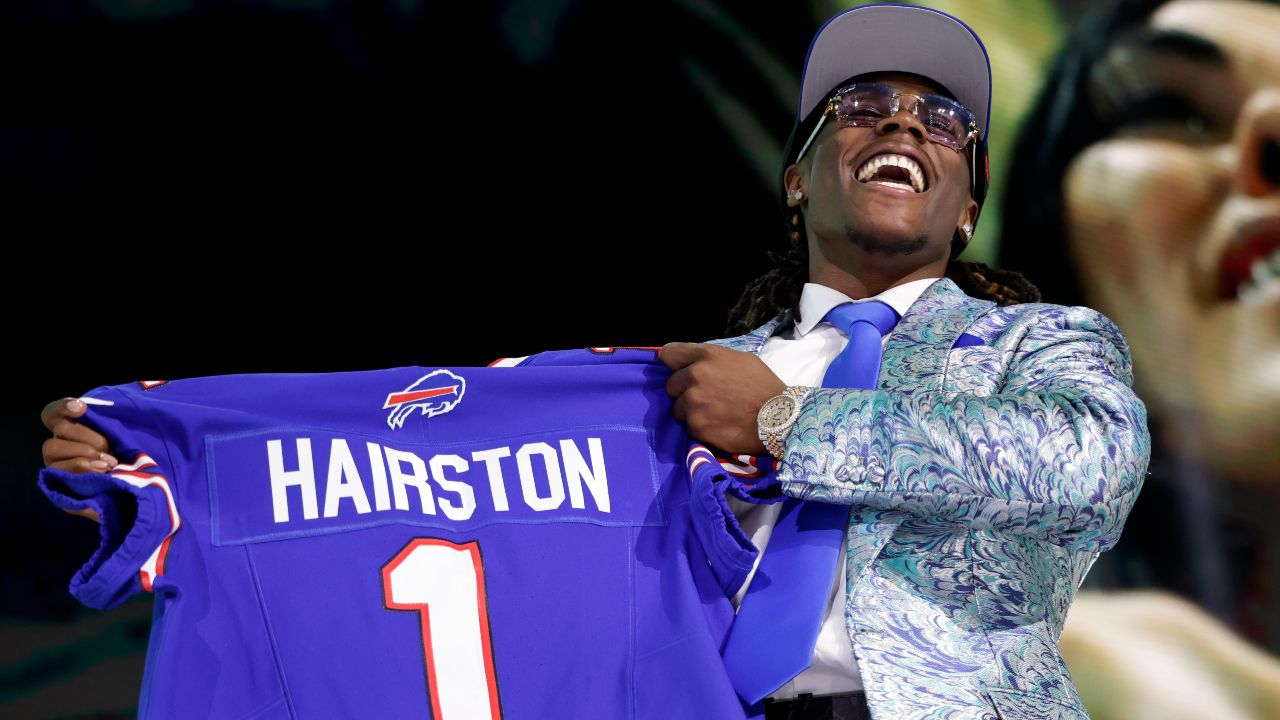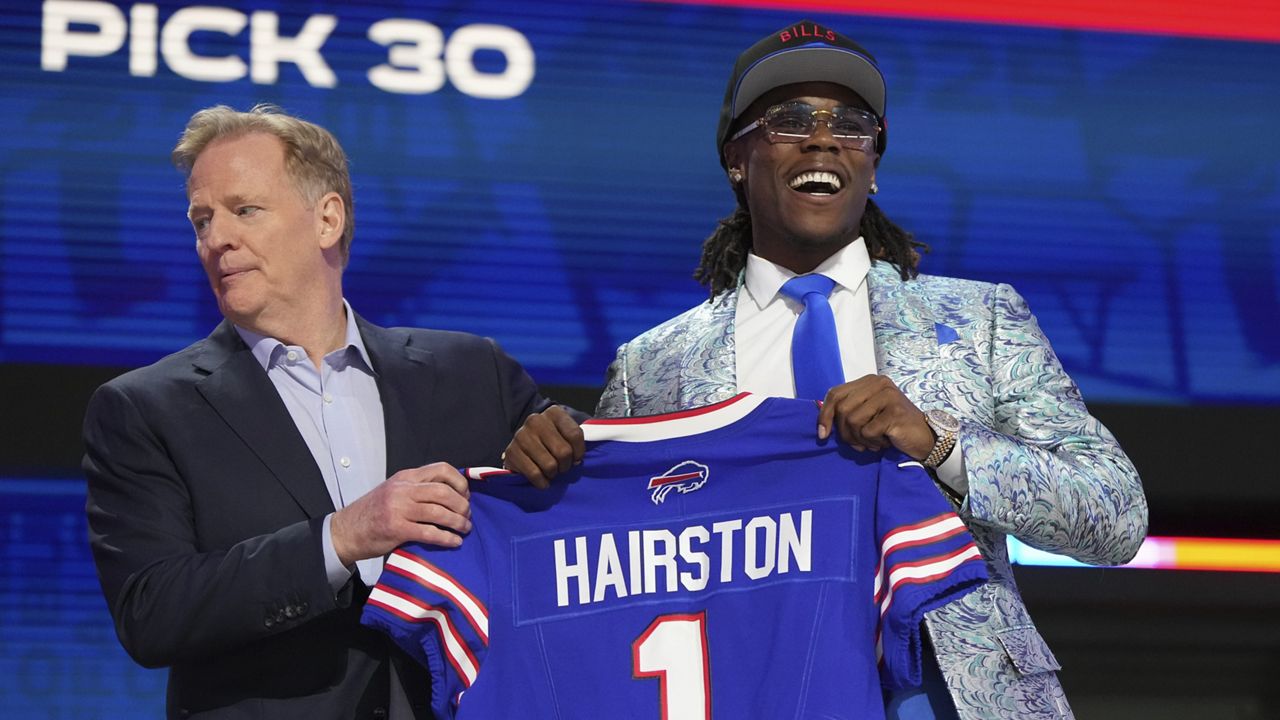It was a moment four years in the making with the anxiety and anticipation building up before the matches are released for fourth-year medical students.
“It was palpable,” said med student John Sinclair. “Everyone was just so anxious. You just feel your heart beating out of your chest.”
The students at Lake Erie College of Osteopathic Medicine are doing their clinical rotations at hospitals and clinics within Rochester Regional Health. Keeping an eye on their phones for the email that will let them know where they’ve been matched for their residency programs.
And all at once, the students learn their fate. Sinclair was celebrating his match, as he will be off to become an anesthesiologist.
"It’s just a great field,” said Sinclair. “You’re interacting with patients every day, you’re making such a big difference."
“This is a huge day,” said Dr. Richard Alweis, Rochester Regional Health associate chief medical officer for medical education. “It is a real rite of passage for our medical students.”
It was an overwhelming moment for Nicholas Abdallah, who found out he is matched to his top choice, The Cleveland Clinic.
"When I opened that email and I saw that reflection of my dream and my hopes and who younger Nicholas wanted to be, I was just overjoyed,” said Abdallah.
Fitting news on St. Patrick’s Day for the Cleveland native – the busiest day of the year for his family’s deli business back home.
"My grandfather started the restaurant in 1964 when he emigrated here from Lebanon and I’m the product of hard work and the American dream,” said Abdallah. “This is when everyone wants corned beef and corned beef is what put me through school…I called my dad and he’s behind the line and answered the phone and announced it to the rest of the restaurant and so it was awesome," said Abdallah.
The health care industry as a whole welcomes match day at a time now when there is a nationwide shortage of workers in the field.
“Across the United States, there’s not a lot of access,” said Dr. Alweis. “We don’t have enough primary care providers. We don’t have enough mental health services. And this concept, behind this particular medical school, was that they were going to produce a lot of people.”
The newly-matched med students are ready to help fill the void and become doctors.
“I’m on cloud nine and this is happiness,” said Abdallah. “I think this is what happiness looks like.”










